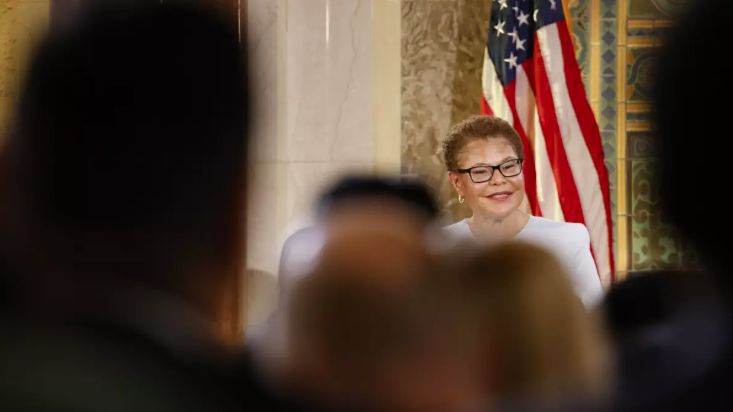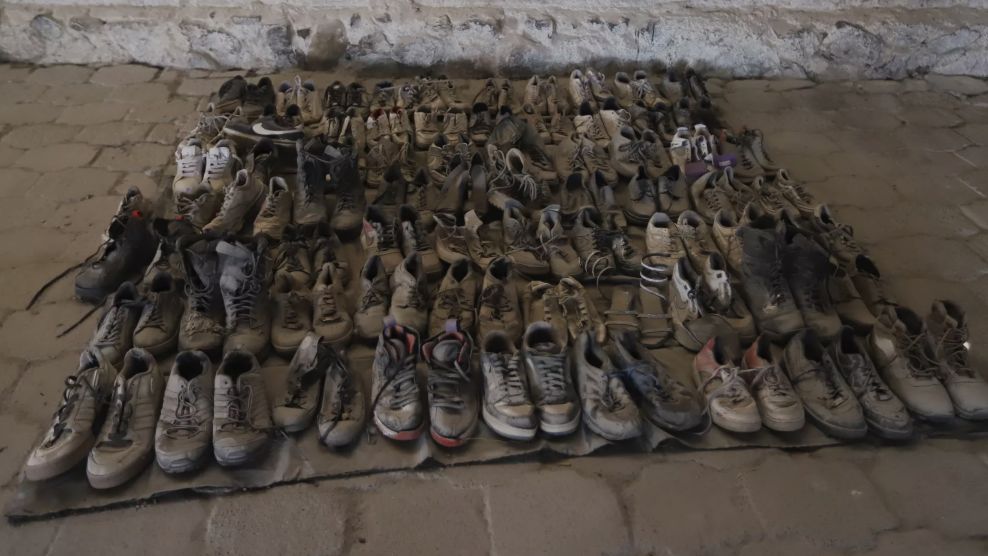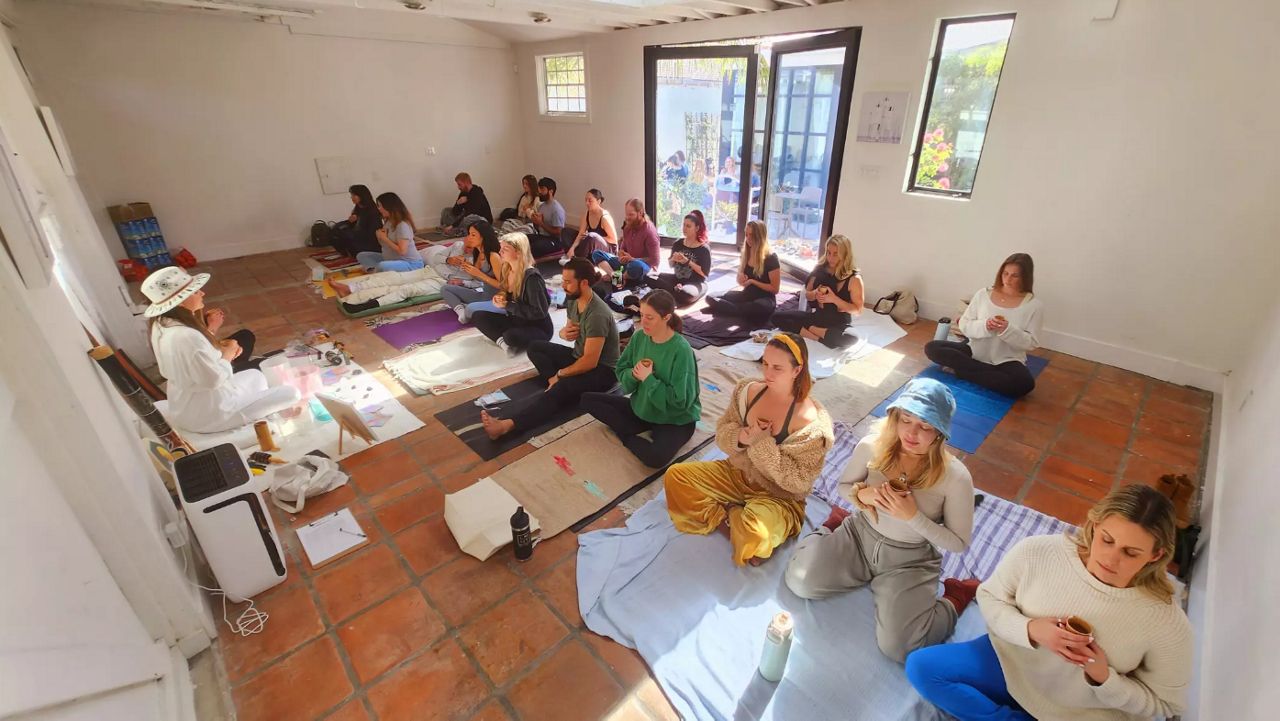California's school kids may soon find themselves having a strange new classroom experience: school without cellphones. Gov. Gavin Newsom recently signed the Phone Free Schools Act, restricting smartphone access during school hours. Zach Rausch has studied the risks smartphones pose to children. He's the chief researcher for the bestselling book "The Anxious Generation." Rausch spoke with Lisa McRee for "LA Times Today."
Rausch explained that a recent survey from the United Kingdom found that about 25% of 5 to 7-year-olds have a smartphone. He explained the detrimental impact that smartphones and social media have on children.
"The data is clear that there is a strong association between social media use and adolescent mental health problems, especially among girls, and especially among anxiety, depression, loneliness. We're seeing that there are a lot of experimental evidence as well. With any other consumer product that we put out there designed for kids, we would immediately take it off the shelves and fix it if there was a problem like this. This is how we need to treat these platforms," Rausch said.
Social media's addictive nature keeps kids coming back for more.
There are two kinds of problems with social media. One is the way that it amplifies the kind of problems that kids already have. That could be bullying. That could be a different kind of sexual harassment, things that would happen in school or in other places. But then it gets magnified on social media. And then there's the problem of how the platforms are designed to hook their users and trying to sell kids content or trying to use different kinds of deceptive tactics like having infinite scrolls or autoplay on YouTube, things that keep them on their platforms longer and longer," Rausch explained.
Across the United States, governments and school districts have begun to ban smartphone usage in schools. Rausch said the biggest hurdle for these bans is often a sense of "deep resignation" that there is no solution.
"When you take away phones from kids for a day, two days, three days, that initial period can be kind of rough because it's like you cut somebody from their supply of coffee and they're just miserable. So you've got a school of miserable kids. But, if you wait a week, a couple of weeks, then you start to see kids laughing again. We're hearing so many stories of teachers who have to now tell the kids to be quiet because they're talking to each other again in class. They're talking in the hallways. [School cellphone bans are] creating an environment that is safe and exciting and nourishing for kids' social lives and their educational lives," Rausch said.
Rausch explained what form these cellphone bans usually take.
"A lot of some schools are doing lighter bans around, keeping it in their pocket and keeping it in their backpack. Others are using phone lockers, and it's good to have some diversity here and there. But what's really important is that we get these phones out of the school day, [with] bell to bell policies. And I hope that as different states, different places experiment we'll find what works and that this can really start to scale across the country," he concluded.
Watch the full interview above.
Watch "LA Times Today" at 8 and 11 p.m. Monday through Friday on Spectrum News 1 and the Spectrum News app.













